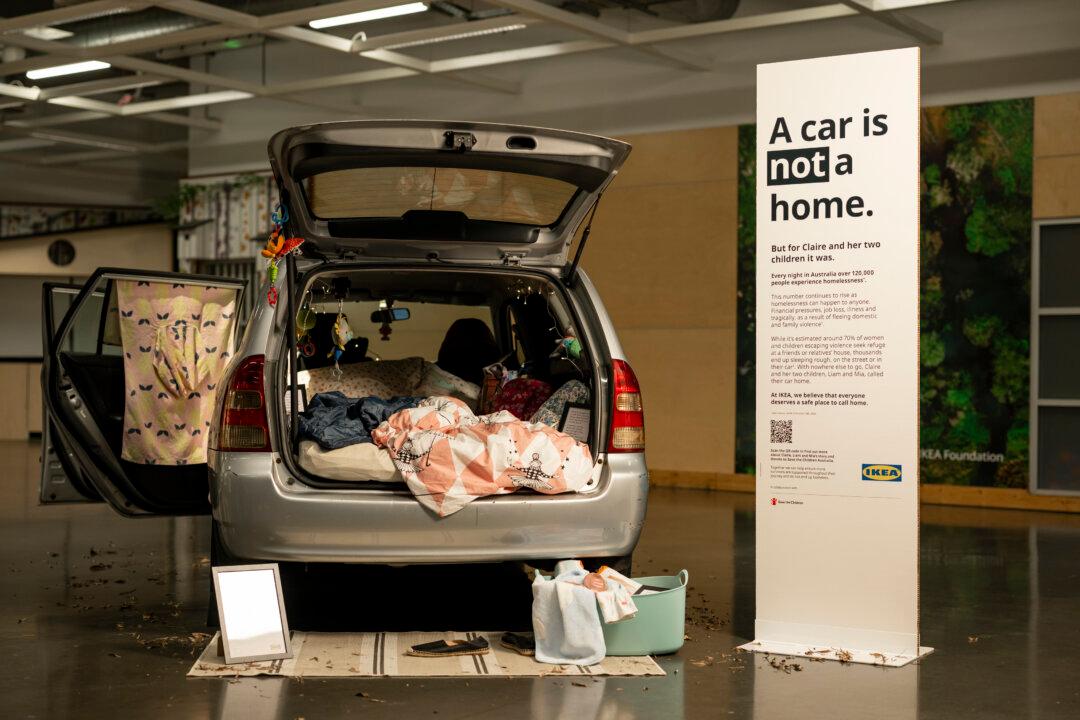Twenty-three-year-old Claire and her two young children had been calling their car home after escaping violence from her former partner, Paul.
The abuse began two years after Claire and Paul got married, when Paul went from controlling what Claire ate and how she dressed to cutting off Claire’s access to their bank account, taking away her car keys, and forbidding her from returning to work.




